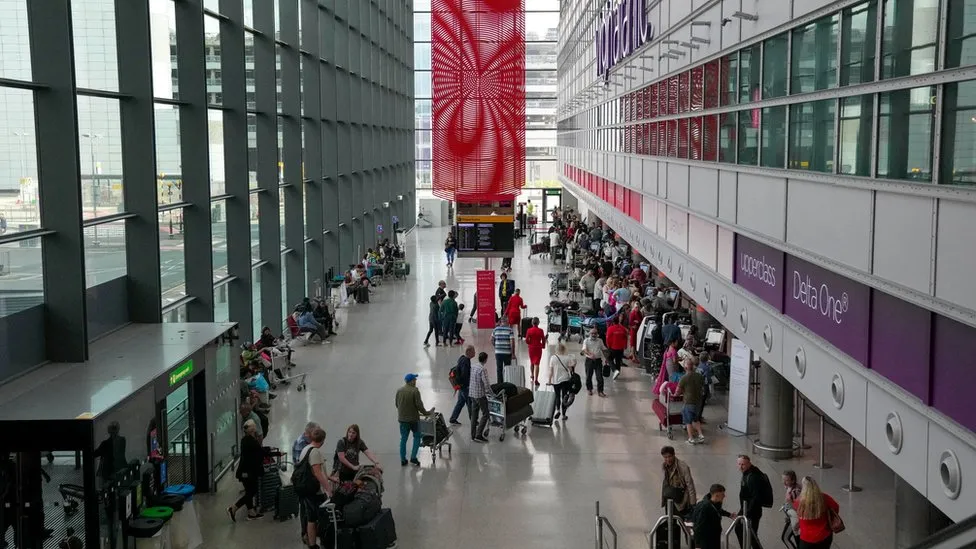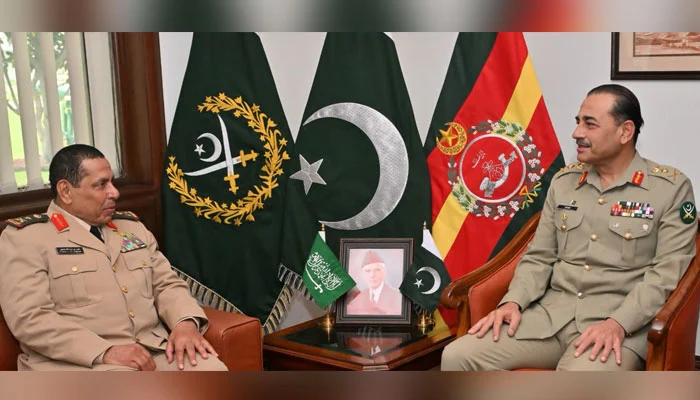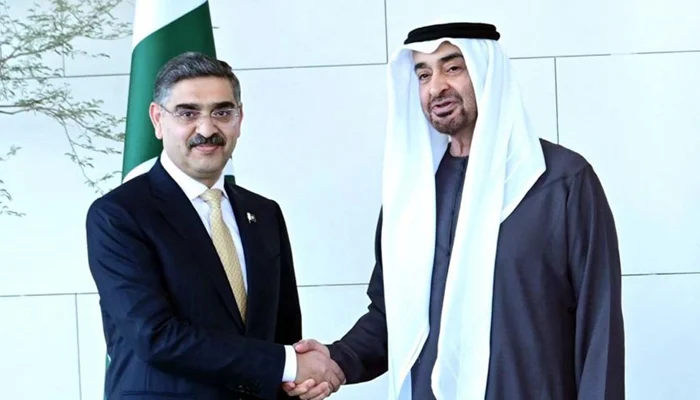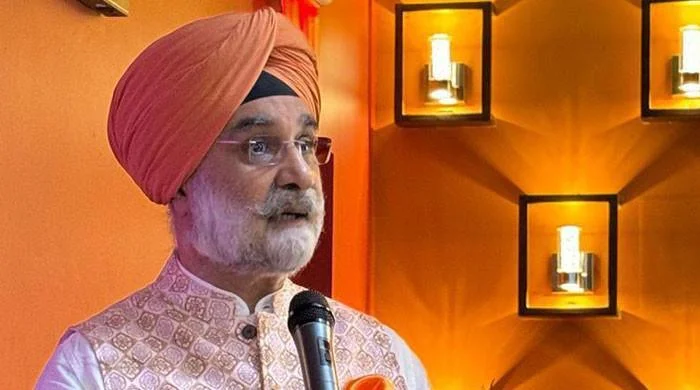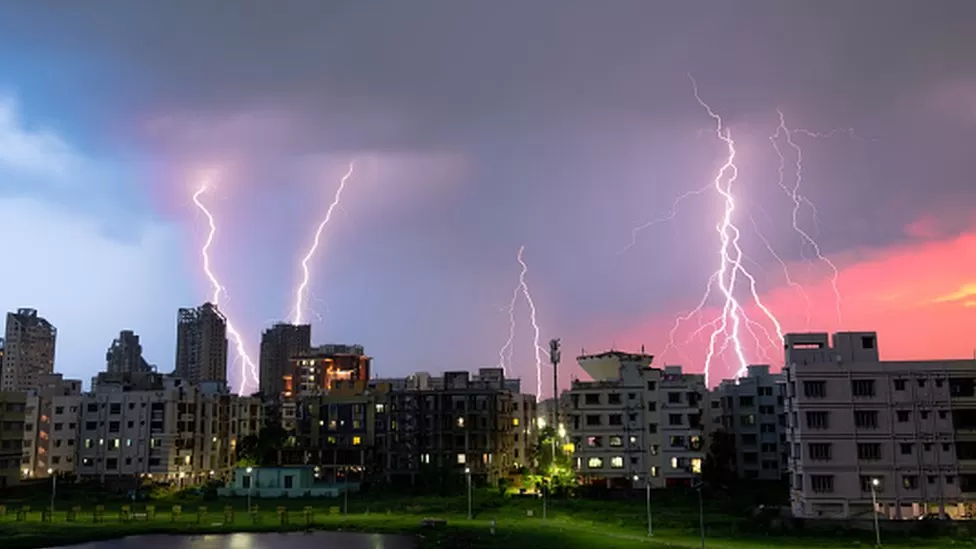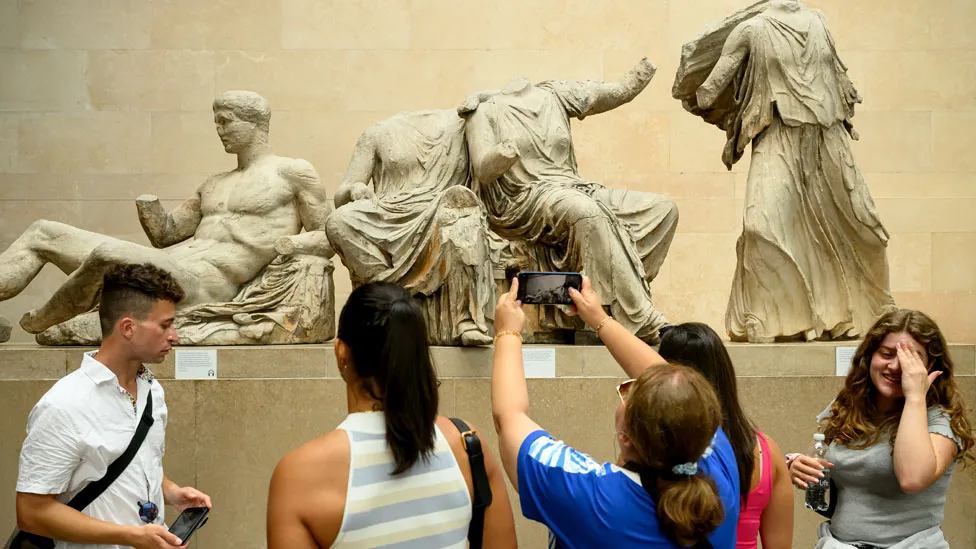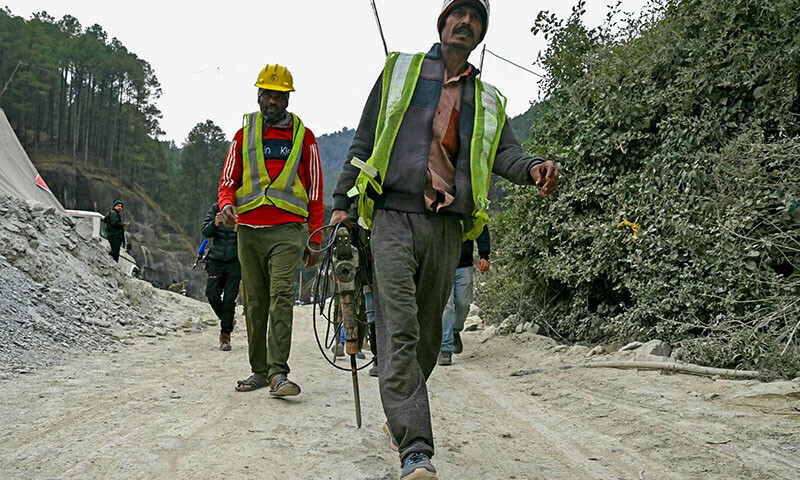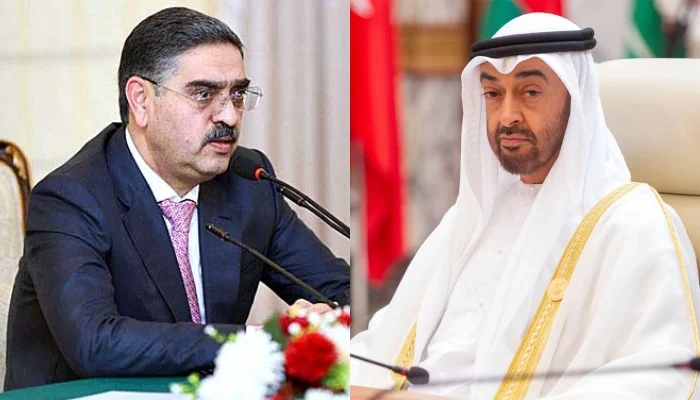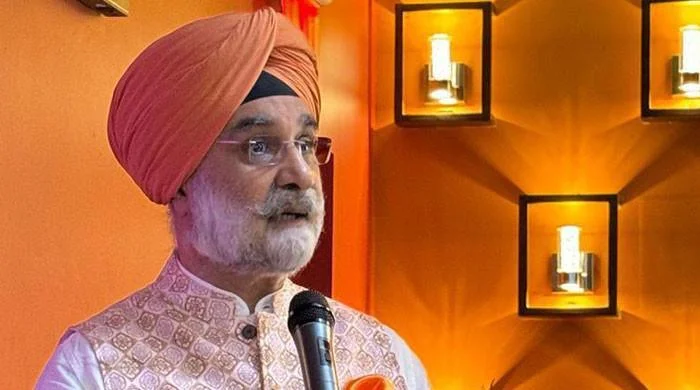Another 15% in its parent company, FGP Topco, will be sold to French-based private equity fund Ardian.
Ferrovial, which has owned a stake since 2006, announced that the deal was worth £2.37bn ($3bn).
The transaction is still subject to regulatory conditions, according to the firm.
If approved, the deal would end Ferrovial’s investment in the UK airports’ operator which started at 56% but was reduced to 25% by 2013.
Other stakeholders in FGP Topco include Qatar Investment Authority, Caisse de dépôt et placement du Québec, Singapore’s GIC, Australian Retirement Trust, China Investment Corporation and Universities Superannuation Scheme.
The airport has been losing money this year because of its significant debt which is affected by aggressive hikes in the cost of borrowing.
The Civil Aviation Authority has also decided to lower passenger charges which go towards costs for terminals runways, baggage systems and security.
The average charge per passenger at Heathrow for 2023 is £31.57 but the regulator said this would fall to £25.43 in 2024 and “remain broadly flat” until the end of 2026.
It is understood bosses at Heathrow wanted charges to actually increase to more than £40, while airlines proposed they should be no more than around £18.50.
Saudi’s PIF is one of the world’s most active sovereign wealth funds with more than $700bn in assets thanks to its oil wealth, which has recently been investing in sport such as football and golf.
But the fund is controlled by Saudi Arabia’s prince Mohammed bin Salman Al Saud whose government has been accused of numerous human rights violations.
US intelligence has said it believes Prince Mohammed ordered the 2018 killing of a US-based journalist, Jamal Khashoggi, though the prince has been given immunity in the US and he has also been invited to visit the UK according to the Saudi Arabian embassy.


